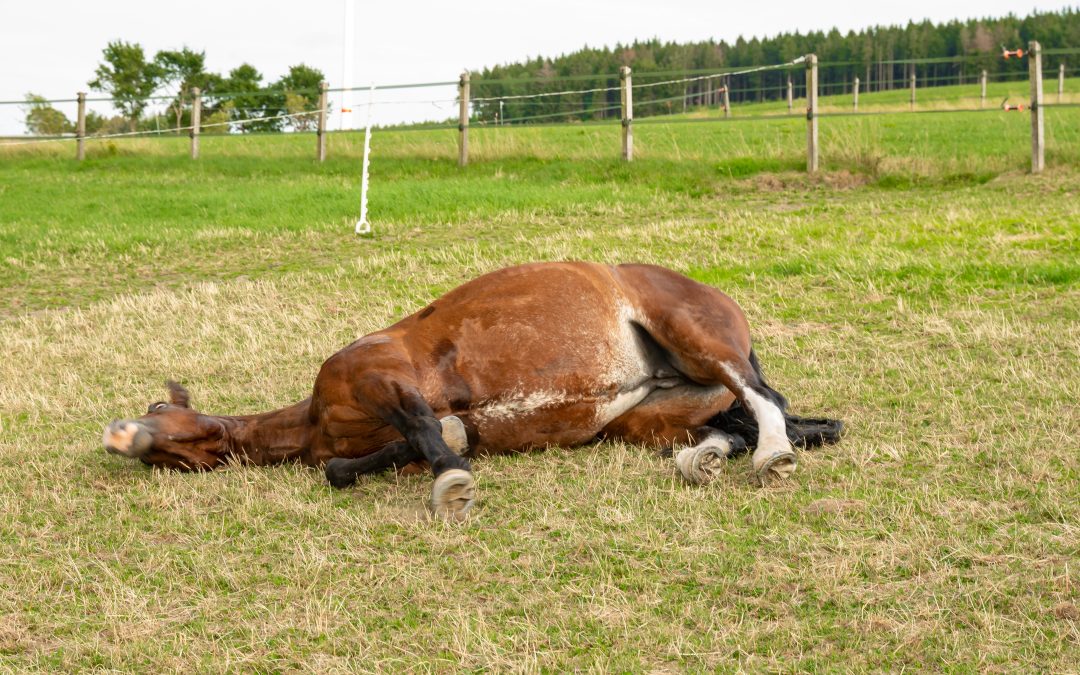When I stepped outside the door this evening, I suddenly realised that the ambient temperatures we have had over the last few weeks have come to an end and the colder nights and mornings are here. As horse owners, the cold always worries us, as cold weather and horses never mixes well.
Here are my top tips to ensure you don’t see the vet for an emergency colic 🙂
- Water: Horses need to drink water to enable the through put of the food they eat. A change in temperature can put off even the best of drinkers.
- To ensure that water doesn’t freeze. Placing a small ball in a the water bucket breaks the surface tension. This will stop the water from freezing in this trough or bucket.
- Cheap, lightweight footballs are available in most shops.
- Put a kettle full of boiling water into your water trug before you leave the yard. It increases the length of time it takes to freeze.
- Movement:
- Horses need to move to enable their guts to process food correctly.
- If they don’t move the throughput of the food they eat slows down.
- This means it gets dried out as it moves (very slowly through the gut) and can cause impaction colic.
- Impaction colic clinical signs:
- These are more subtle than spasmodic colic and picking up on the subtle signs is important.
- A reduction in the number and consistency of droppings.
- Being picky about food at feeding time
- Flank watching and lip curling
- Looking depressed.
- These are more subtle than spasmodic colic and picking up on the subtle signs is important.
- Fewer rugs if out in the field:
- Feeling cooler than normal will encourage a horse to move around.
- Under-rugging will encourage them to move – this helps with gut movement.
Spasmodic colic clinical signs:
This happens when there is a flush in the grass. This has been occurring over the last couple of weeks, and we have seen an increase in these types of colic’s this week.
- Tail swishing
- Belly kicking
- Refusal to eat
- Lying down
- Straining or looking like they need to urinate.
Colic is a serious veterinary emergency. If you think that your horse has colic do not hesitate to contact your vet. If you need further advice on how to work with the colder weather, feel free to phone us at any stage. Advice over the phone costs you nothing but it might help prevent a vet bill.

